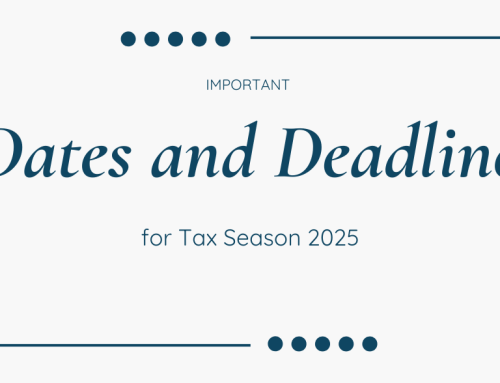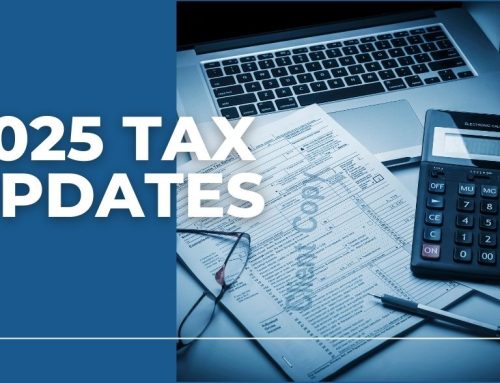Did you just start your own business? Are you wondering what the essentials are to prepare it for success? A large part of ensuring that your business thrives, is making sure that your business funds are properly tracked. This is also known as “tax accounting” and constitutes the backbone of businesses of any size.
Here are five tax accounting tips to prepare your business:
1.Understand your business entity
As a business owner, you’re liable for a certain amount of tax, depending on your business structure. While you may not have to understand the ins and outs of your particular tax situation, you should have a basic understanding of it.
For instance, you may qualify for substantial tax savings as an S corporation. However, it may be harder to operate than a single member LLC, for example. As an LLC, you may have the option to change the way your business is taxed. Options like being taxed as a regular corporation or an S-corp. Knowing your business entity and the different tax breaks each can provide, has the potential to save you money. Always consult with a tax professional, which leads to our next item.
2.Consider hiring a professional
Preparing your business for taxes is a complex task. Consider hiring a professional to help you through this process. The point is not just to get your taxes filed or checking every deduction box. You want to maximize your tax benefits for your type of business.
A tax professional can help you structure your business for the best tax advantages. He/she can also help you understand the specific IRS requirements for your type of business, so as to better manage your prospective tax liability. While a bookkeeper can help you set up a good record-keeping system, an accountant can handle your year-end tax planning.
3.Get familiar with the various methods of accounting
As a business owner, you must select the accounting method best suited to your type of business. The two methods that are generally used and accepted consist of accrual accounting and cash accounting.
While the accrual method depicts your current, real-time financial situation, the cash method reflects the actual money inflows and outflows occurring in your business. Be mindful of these as you set your business and consider letting a professional help you determine the best choice.
Cash and accrual are your basic methods of accounting. There are other accounting methods depending on your industry.
4. Understand what’s deductible in your business
It’s important to understand what is deductible and what is not in your business. This knowledge will help you substantially save on your tax liability.
You can deduct a number of other costs and expenses in your business, including startup costs, education expenses, auto deductions. Equipment, entertainment, travel, and software expenses are also deductible.
5. Track your expenses accurately
Having a complete and accurate record of your expenses is crucial in order to take advantage of any tax deductions. This also means keeping a detailed record of your business transactions, including your mileage log as well as expense receipts. You’ll also need to carefully separate your personal from your business expenses.
It is best to get good bookkeeping software and enlist a professional to set it up for you. That way, using it is user-friendly and built around your needs.
Are you wondering how to apply these bookkeeping tips to your business?
Contact us for a free consultation at (561) 842-1304.
Sources:
- Anon, (2017). [online] Available at: http://www.jelfsmallbusiness.co.uk/media/178275/Tax-Guides-for-Small-Businesses-V04.pdf [Accessed 10 Aug. 2017].
- Anon, (2017). [online] Available at: https://www.irs.gov/pub/irs-pdf/p334.pdf [Accessed 10 Aug. 2017].
- Staff, I. (2017). Tax Accounting. [online] Investopedia. Available at: http://www.investopedia.com/terms/t/tax-accounting.asp [Accessed 10 Aug. 2017].
- co.uk. (2017). Small business tax and accounting guides. [online] Available at: http://www.bytestart.co.uk/section/tax [Accessed 10 Aug. 2017].
- Google Books. (2017). K. Lasser’s Small Business Taxes 2017. [online] Available at: https://books.google.com.ph/books?id=o3kxDQAAQBAJ&printsec=frontcover&source=gbs_at b#v=onepage&q&f=false [Accessed 10 Aug. 2017].





